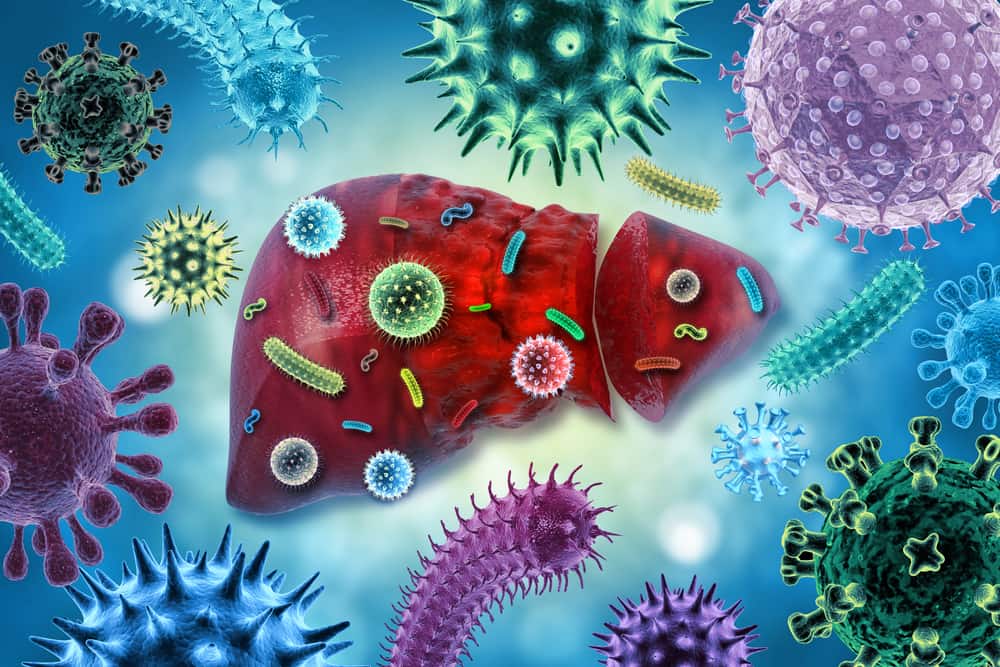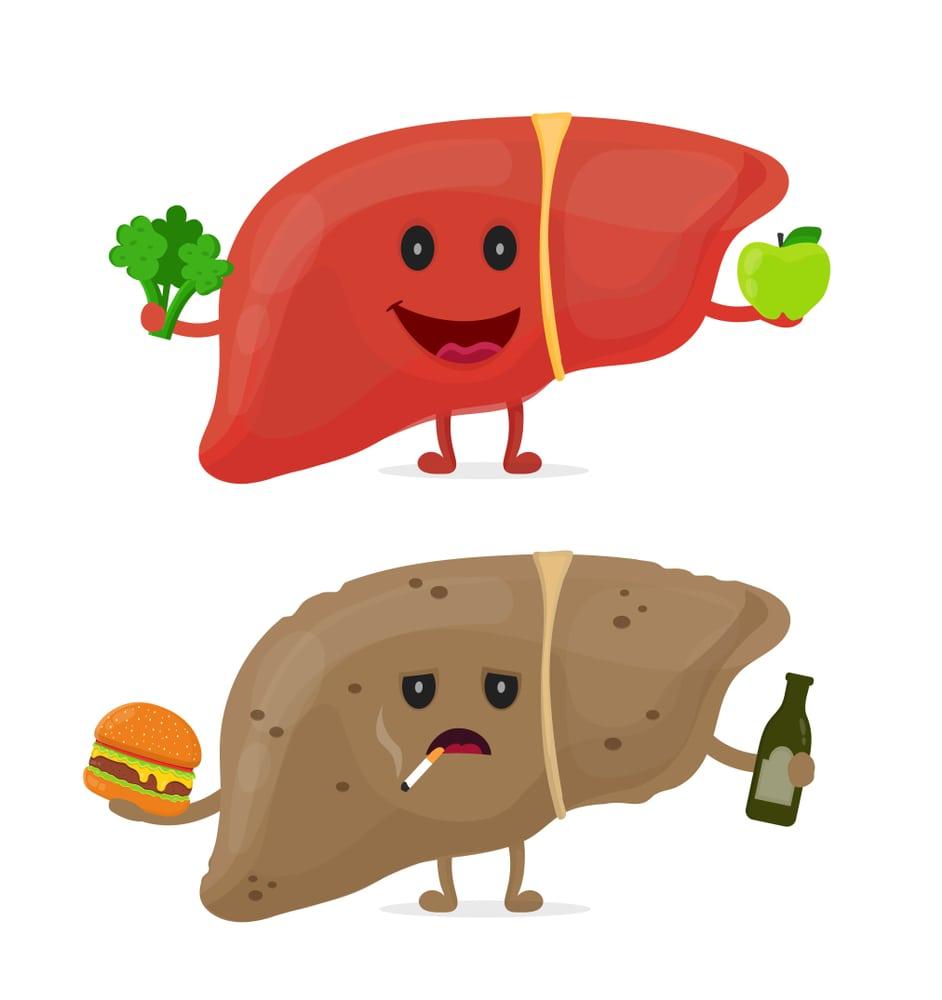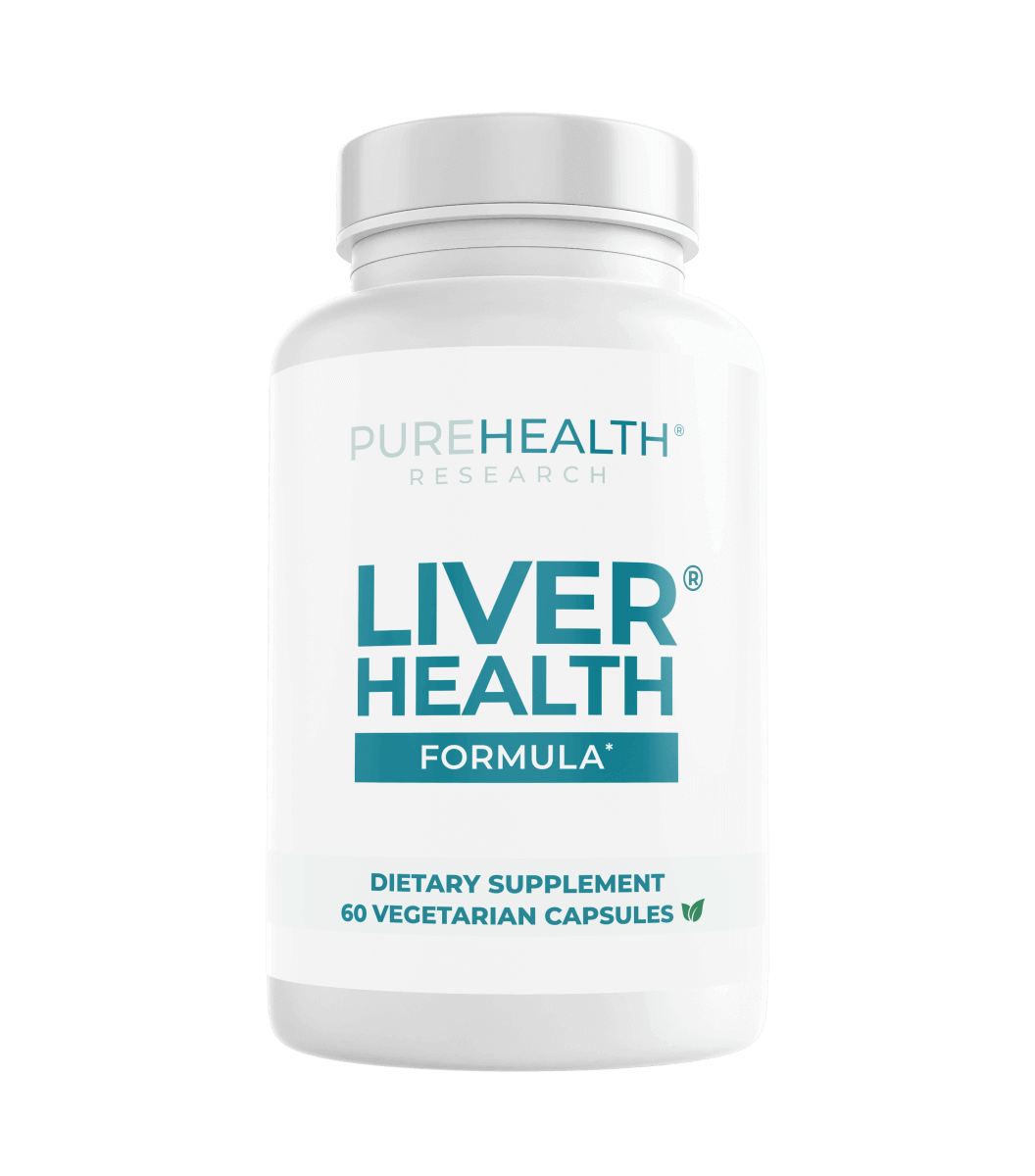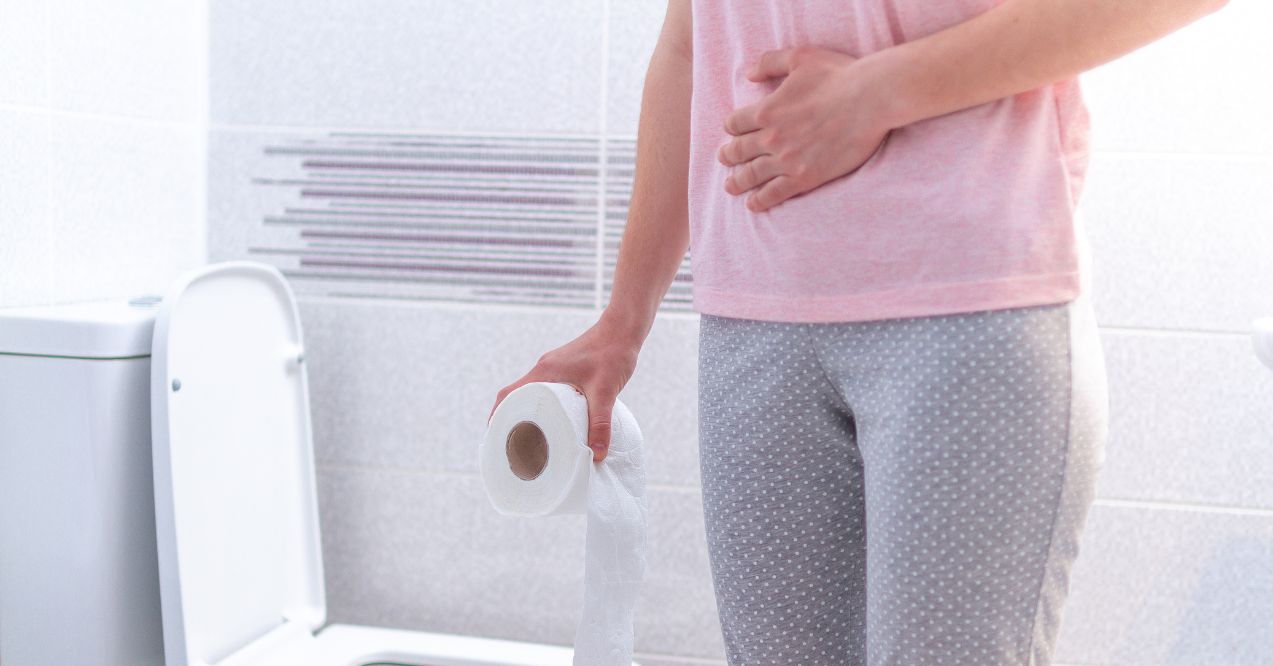What Is the Function of the Liver?
The liver is one of the most important organs in your body. But what is the function of the liver? Find out exactly why it helps keep your body healthy and how to care for it.


You know that your liver helps keep your body strong and healthy. But what is the function of the liver and why exactly is it so important? The major function of the liver is to process toxins from everything that gets into your body. There are other functions as well. Since the liver has such crucial jobs, it’s best to care for it and keep it healthy.
The 5 Major Functions of the Liver
On a basic level, there are five major functions of the liver. These are:
- Filtration – Separating nutrients from non-nutritive particles and putting them toward either the “digest” or “excrete” track.
- Digestion – Breaking down food and making it easy to digest and absorb.
- Detoxification – Removing toxins from the body and producing the necessary elements to convert them into urine and stool
- Synthesis – Making sure that all cells have the proteins that they need for essential functions
- Nutritional storage – Keeping a supply of iron, copper, and other minerals and nutrients to release into the body when there is a deficiency
If your liver isn’t working at its full potential, it can have dire consequences and make you very sick.
How Does the Liver Work?
Your liver gets blood to filter from two places: the hepatic artery (blood from the heart) and the portal vein (blood from the intestines). Once the liver does its job, the hepatic veins drain the blood from the liver and deliver it to the appropriate sections of the body.
What is the Function of the Liver In All These Different Areas?
1. Filtration
First, your liver filters your blood and prevents harmful substances from entering your bloodstream. The toxins get made into liver bile, and the nutrients and vital compounds go into your bloodstream—when things are functioning properly.
Bile is made into stool that leaves your body after it passes through the intestines. Some harmful substances do go into the bloodstream, but the kidneys work to filter those out, which are excreted through urine. So, the liver and kidneys work together to make sure waste and toxins are expelled.
2. Digestion
Then, the liver helps to break down the good parts of your food and turn the nutrients into absorbable particles. When the liver secretes bile, it gets stored in the gallbladder. Then, the bile moves into your intestines to help digest food. So, if your liver didn’t make bile in the first place, food couldn’t be digested!
3. Detoxification
Digestion leads to metabolizing your food and nutrients. It also detoxifies things that shouldn’t be in your body, such as environmental toxins, drugs, alcohol, and chemicals from processed food. The liver does this with particular enzymes that break everything down.
4. Synthesis
It’s also responsible for synthesizing proteins. Your cells are built off of proteins, and each type needs particular proteins to function. The liver helps produce all these necessary enzymes as well as producing clotting elements to prevent excessive bleeding.
It also makes albumin, which keeps the water levels in your body at an appropriate amount. So, the liver produces many enzymes which keep everything working correctly.
5. Storage
Last but not least, one of the functions of the liver is to store vitamins and minerals. The liver holds on to minerals that the body sometimes becomes deficient in, such as iron and copper. When it senses that there isn’t enough, the liver releases what you need.
It does the same thing with vitamins and nutrients. This storage and release process keeps your blood cells, hormones, genes, and nerves all functioning exactly how they need to.
How Can You Improve Liver Function?
With the liver performing such crucial jobs, you want to ensure that your liver is as healthy as possible. Liver function can be improved in several ways.

First, you can avoid foods that damage the liver, such as:
- Fatty foods
- High amounts of salt
- Refined sugar
- Gluten-filled bread and pasta
- Processed foods
- Alcohol
- Red meat
You can also add in liver-healthy foods. These include foods high in fiber, antioxidants, and other anti-inflammatory properties. There are many, but some of the easiest are:
- Fresh fruits and vegetables
- Black coffee
- Green tea
- Eggs
- Nuts
- Steel-cut oatmeal
- Turmeric, ginger, dandelion, cinnamon, and garlic
Of course, we all live very busy lives and it can be quite difficult to get all the nutrition we need from food alone. Therefore, using one of the the best supplements for liver health like PureHealth Research’s Liver Health Formula, can give you all the necessary compounds.
Dr. Holly Lucille, ND and her team of experts at PureHealth Research created a supplement that aims to boost all these functions in one easy-to-take dose. This supplement is easy to add to your daily routine. With two capsules a day, you get the benefits of all these nutritive elements that keep your liver functioning at the top level.
- Beet
- Dandelion
- Silymarin (milk thistle)
- Artichoke extract
- Ginger
- Alfalfa
- Phosphatidylserine
- L-cysteine
- Glycine
- Vitamin D3
This product has not had any reports of ill side effects. However, if you have a chronic illness you should talk to your doctor before adding anything to your nutritional or health routine.
You can also help improve liver function by making other lifestyle changes, all of which will not only help the liver but will improve your overall health.
- Get enough sleep – Sleep isn’t given enough credit in our modern society. When you don’t sleep enough, fat builds up in your liver and it becomes overworked. The same goes for all your other organs—they need rest!
- Exercise and strength training – We don’t get as much physical activity as our ancestors did in their day-to-day activities, so we need to make regular exercise a priority. Exercise helps repair damage to the liver and keeps you from being overweight, which puts you at risk for fatty liver disease. Exercising also helps improve sleep, so it’s a win-win!
- Stay hydrated – Most of your daily liquids should come from water. Sodas, energy drinks, and juices are full of processed chemicals and refined sugar which not only overwork the liver but make the rest of your systems (including sleep!) struggle to perform at their best levels.
Taking care of your liver helps improve your health in all areas.
Final Thoughts
Understanding the liver’s vital functions highlights its importance in maintaining overall health. The liver’s primary roles include filtration, digestion, detoxification, synthesis, and nutritional storage. These functions are essential for processing toxins, aiding digestion, producing necessary proteins and enzymes, and storing essential nutrients and minerals. To keep your liver healthy, adopt a balanced diet rich in fiber, antioxidants, and anti-inflammatory properties, stay hydrated, get adequate sleep, and engage in regular exercise.
The liver performs five major functions: filtration, digestion, detoxification, synthesis, and nutritional storage. Filtration involves separating nutrients from non-nutritive particles. Digestion helps break down food and absorb nutrients. Detoxification removes toxins from the body. Synthesis produces proteins and enzymes necessary for bodily functions. Nutritional storage keeps essential minerals and nutrients, releasing them when needed.
The liver produces bile, which is stored in the gallbladder and then released into the intestines to aid in digestion. This bile breaks down food into absorbable nutrients. Without bile production, digestion would be inefficient, and nutrient absorption would be compromised.
The liver receives blood from the hepatic artery (from the heart) and the portal vein (from the intestines). It filters this blood to remove harmful substances, converting them into bile, which is then excreted as stool. Some toxins also enter the bloodstream, where the kidneys filter them out and excrete them as urine. Thus, the liver and kidneys work together to expel waste and toxins from the body.
Sign up for our Healthy Living newsletter!
Advertisement. This site offers health, wellness, fitness and nutritional information and is designed for educational purposes only. You should not rely on this information as a substitute for, nor does it replace, professional medical advice, diagnosis, or treatment. If you have any concerns or questions about your health, you should always consult with a physician or other health-care professional. Do not disregard, avoid or delay obtaining medical or health related advice from your health-care professional because of something you may have read on this site. The use of any information provided on this site is solely at your own risk.















